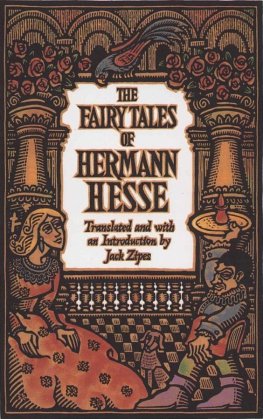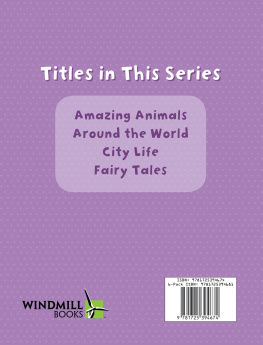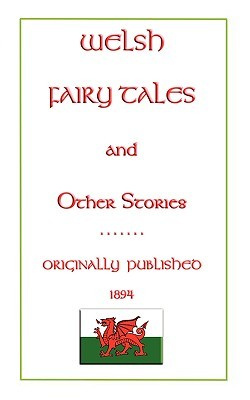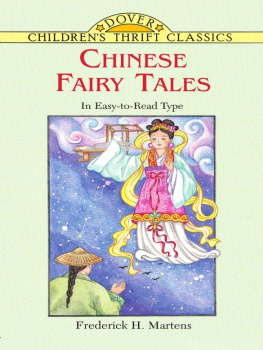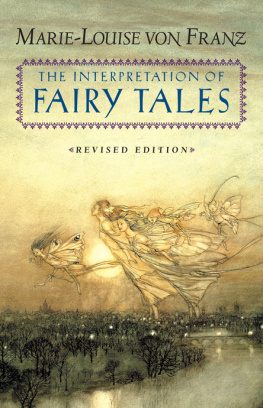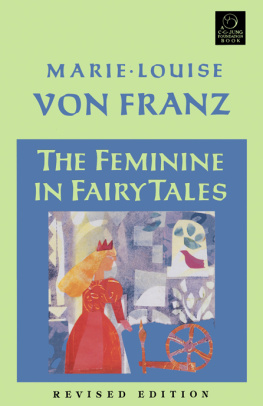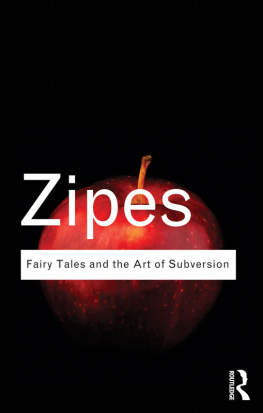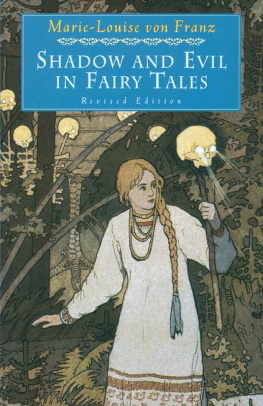Fairy Tales Every Child Should Know
Here you can read online Fairy Tales Every Child Should Know full text of the book (entire story) in english for free. Download pdf and epub, get meaning, cover and reviews about this ebook. year: 2010, genre: Art. Description of the work, (preface) as well as reviews are available. Best literature library LitArk.com created for fans of good reading and offers a wide selection of genres:
Romance novel
Science fiction
Adventure
Detective
Science
History
Home and family
Prose
Art
Politics
Computer
Non-fiction
Religion
Business
Children
Humor
Choose a favorite category and find really read worthwhile books. Enjoy immersion in the world of imagination, feel the emotions of the characters or learn something new for yourself, make an fascinating discovery.
Fairy Tales Every Child Should Know: summary, description and annotation
We offer to read an annotation, description, summary or preface (depends on what the author of the book "Fairy Tales Every Child Should Know" wrote himself). If you haven't found the necessary information about the book — write in the comments, we will try to find it.
Unknown: author's other books
Who wrote Fairy Tales Every Child Should Know? Find out the surname, the name of the author of the book and a list of all author's works by series.
Fairy Tales Every Child Should Know — read online for free the complete book (whole text) full work
Below is the text of the book, divided by pages. System saving the place of the last page read, allows you to conveniently read the book "Fairy Tales Every Child Should Know" online for free, without having to search again every time where you left off. Put a bookmark, and you can go to the page where you finished reading at any time.
Font size:
Interval:
Bookmark:
This eBook is for the use of anyone anywhere at no cost and with
almost no restrictions whatsoever. You may copy it, give it away or
re-use it under the terms of the Project Gutenberg License included
with this eBook or online at www.gutenberg.net
Title: Fairy Tales Every Child Should Know
Author: Various
Release Date: February 5, 2005 [eBook #14916]
Language: English
Character set encoding: ISO-8859-1
***START OF THE PROJECT GUTENBERG EBOOK FAIRY TALES EVERY CHILD SHOULD KNOW***
and the Project Gutenberg Online Distributed Proofreading Team
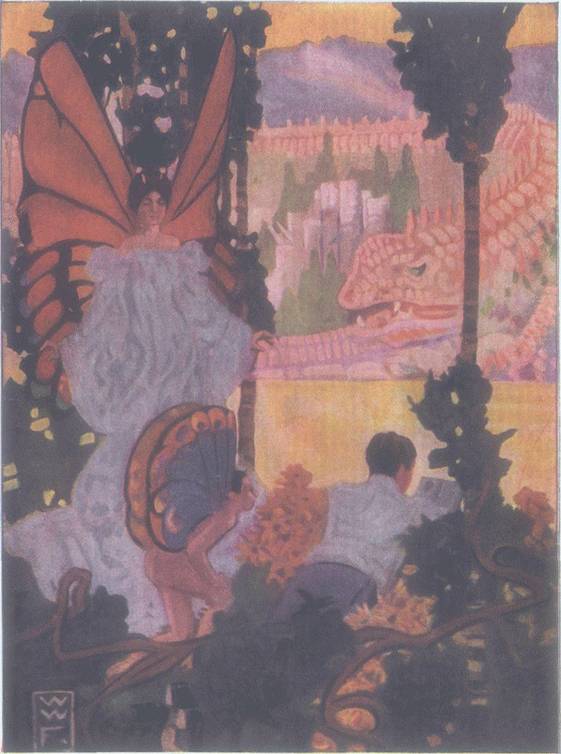
"A thousand fantasies begin to throng"
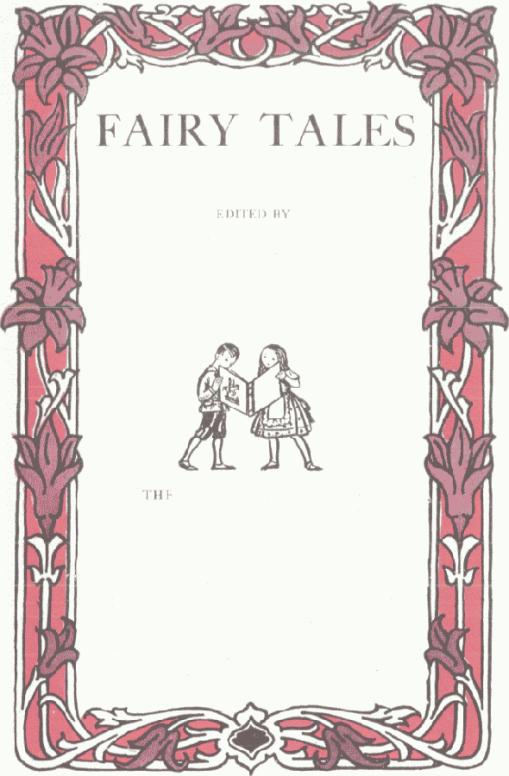
Title Page of Book
The fairy tale is a poetic recording of the facts of life, an interpretation by the imagination of its hard conditions, an effort to reconcile the spirit which loves freedom and goodness and beauty with its harsh, bare and disappointing conditions. It is, in its earliest form, a spontaneous and instinctive endeavor to shape the facts of the world to meet the needs of the imagination, the cravings of the heart. It involves a free, poetic dealing with realities in accordance with the law of mental growth; it is the nave activity of the young imagination of the race, untrammelled by the necessity of rigid adherence to the fact.
The myths record the earliest attempt at an explanation of the world and its life; the fairy tale records the free and joyful play of the imagination, opening doors through hard conditions to the spirit, which craves power, freedom, happiness; righting wrongs and redressing injuries; defeating base designs; rewarding patience and virtue; crowning true love with happiness; placing the powers of darkness under control of man and making their ministers his servants. In the fairy story, men are not set entirely free from their limitations, but, by the aid of fairies, genii, giants and demons, they are put in command of unusual powers and make themselves masters of the forces of nature.
The oldest fairy stories constitute a fascinating introduction to the book of modern science, curiously predicting its discoveries, its uncovering of the resources of the earth and air, its growing control of the tremendous forces which work in earth and air. And it is significant that the recent progress of science is steadily toward what our ancestors would have considered fairy land; for in all the imaginings of the childhood of the race there was nothing more marvellous or more audaciously improbable than the transmission of the accents and modulations of familiar voices through long distances, and the power of communication across leagues of sea without mechanical connections of any kind.
The faculty which created the fairy tale is the same faculty which, supplemented by a broader observation and based on more accurate knowledge, has broadened the range and activities of modern man, made the world accessible to him, enabled him to live in one place but to speak and act in places thousands of miles distant, given him command of colossal forces, and is fast making him rich on a scale which would have seemed incredible to men of a half-century ago. There is nothing in any fairy tale more marvellous and inherently improbable than many of the achievements of scientific observation and invention, and we are only at the beginning of the wonders that lie within the reach of the human spirit!
No one can understand the modern world without the aid of the imagination, and as the frontiers of knowledge are pushed still further away from the obvious and familiar, there will be an increasing tax on the imagination. The world of dead matter which our fathers thought they understood has become a world of subtle forces moving with inconceivable velocity; nothing is inert, all things are transformed into other and more elusive shapes precisely as the makers of the fairy tales foresaw and predicted; the world lives in every atom just as their world lived; forces lie just outside the range of physical sight, but entirely within the range of spiritual vision, precisely as the tellers of these old stories divined; mystery and wonder enfold all things, and not only evoke the full play of the mind, but flood it with intimations and suggestions of the presence of more elusive and subtle forces, of finer and more obedient powers, as the world of fairies, magi and demons enfolded the ancient earth of daily toil and danger.
In a word, the fairy stories have come true; they are historical in the sense that they faithfully report a stage of spiritual growth and predict a higher order of realities through a deeper knowledge of actualities. They were poetic renderings of facts which science is fast verifying, chiefly by the use of the same faculty which enriched early literature with the myth and the fairy tale. The scientist has turned poet in these later days, and the imagination which once expressed itself in a free handling of facts so as to make them answer the needs and demands of the human spirit, now expresses itself in that breadth of vision which reconstructs an extinct animal from a bone and analyzes the light of a sun flaming on the outermost boundaries of space.
This collection of tales, gathered from the rich literature of the childhood of the world, or from the books of the few modern men who have found the key of that wonderful world, is put forth not only without apology, but with the hope that it may widen the demand for these charming reports of a world in which the truths of our working world are loyally upheld, while its hard facts are quietly but authoritatively dismissed from attention. The widest interpretation has been given to the fairy tale, so as to include many of those classic romances of childhood in which no fairy appears, but which are invested with the air and are permeated with the glorious freedom of fairy land.
No sane man or woman undervalues the immense gains of the modern world in the knowledge of facts and the application of ideas to things in order to secure comfort, health, access to the treasure in the earth and on its surface, the means of education and greater freedom from the tyranny of toil by the accumulation of the fruits of toil; but no sane man or woman believes that a mechanical age is other than a transitional age, that the possession of things is the final achievement of society, and that in multiplication of conveniences civilization will reach its point of culmination.
We are so engrossed in getting rich that we forget that by and by, when we have become rich, we shall have to learn how to live; for work can never be an end in itself; it is a "means of grace" when it is not drudgery; and it must, in the long run, be a preparation for play. For play is not organized idleness, frivolity set in a fanciful order; it is the normal, spontaneous exercise of physical activity, the wholesome gayety of the mind, the natural expression of the spirit, without self-consciousness, constraint, or the tyranny of hours and tasks. It is the highest form of energy, because it is free and creative; a joy in itself, and therefore a joy in the world. This is the explanation of the sense of freedom and elation which come from a great work of art; it is the instinctive perception of the fact that while immense toil lies behind the artist's skill, the soul of the creation came from beyond the world of work and the making of it was a bit of play. The man of creative spirit is often a tireless worker, but in his happiest hours he is at play; for all work, when it rises into freedom and power, is play. "We work," wrote a Greek thinker of the most creative people who have yet appeared, "in order that we may have leisure." The note of that life was freedom; its activity was not "evoked by external needs, but was free, spontaneous and delightful; an ordered energy which stimulates all the vital and mental powers."
Font size:
Interval:
Bookmark:
Similar books «Fairy Tales Every Child Should Know»
Look at similar books to Fairy Tales Every Child Should Know. We have selected literature similar in name and meaning in the hope of providing readers with more options to find new, interesting, not yet read works.
Discussion, reviews of the book Fairy Tales Every Child Should Know and just readers' own opinions. Leave your comments, write what you think about the work, its meaning or the main characters. Specify what exactly you liked and what you didn't like, and why you think so.


